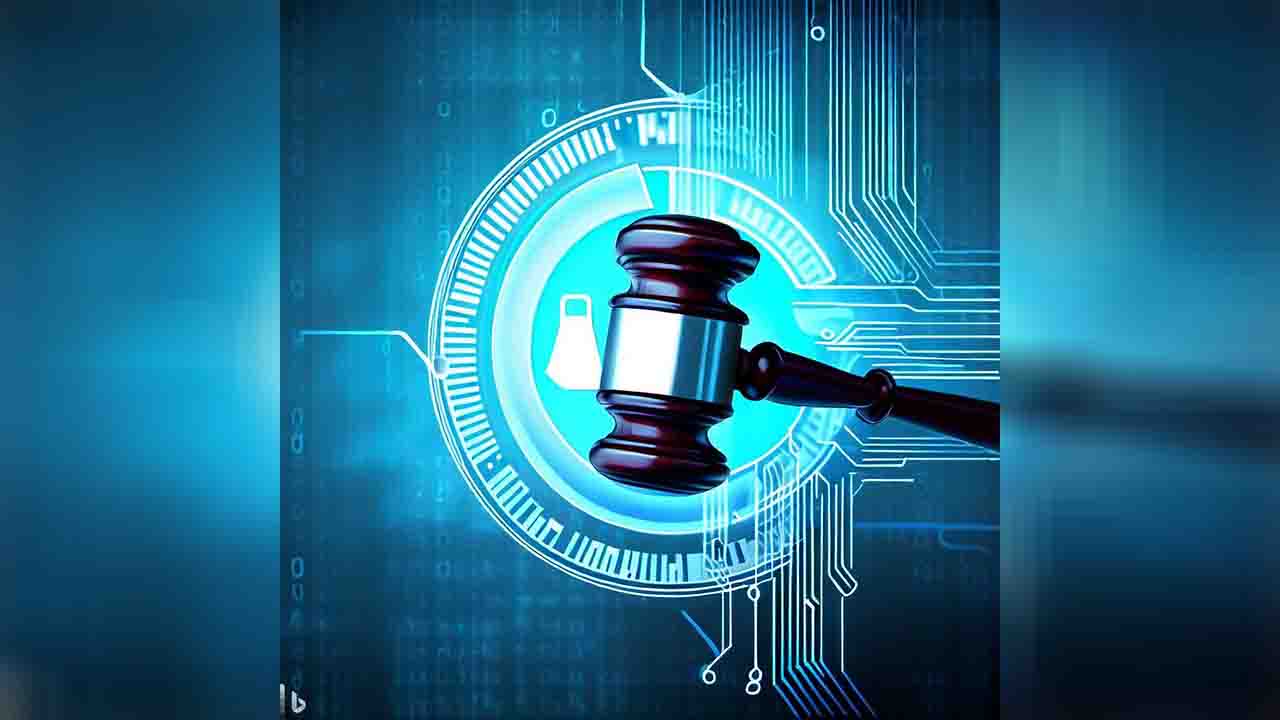The European Parliament has taken a landmark step towards responsible artificial intelligence (AI) development by approving the world’s first comprehensive regulatory framework for AI. This legislation, known as the AI Act, aims to mitigate the potential risks associated with this rapidly growing technology while fostering its ethical and human-centric application.
The AI sector has witnessed explosive growth, generating significant economic benefits but also raising concerns about bias, privacy violations, and even existential threats. The AI Act addresses these concerns by establishing a risk-based classification system for AI products. This system assigns varying levels of regulatory scrutiny depending on the potential for harm posed by the AI technology.
“The AI Act is not the end of the journey but the starting point for new governance built around technology,” remarked MEP Dragos Tudorache. This legislation positions the EU at the forefront of global efforts to address the ethical and safety considerations surrounding AI development.
While China has implemented a patchwork of AI regulations and the US has mandated data sharing with the government through an executive order, the EU’s AI Act represents a more comprehensive and codified approach.
“The adoption of the AI Act marks the beginning of a new AI era and its importance cannot be overstated,” said Enza Iannopollo, a leading analyst at Forrester. She emphasizes that the EU AI Act establishes the world’s first legally binding framework to mitigate AI risks.
This legislation is poised to make the EU the de facto global standard for trustworthy AI development. Other regions, including the UK which hosted an AI safety summit in late 2023, will likely need to adapt their approaches to keep pace with the EU’s comprehensive regulations.
Understanding the AI Act’s Framework
The core principle of the AI Act revolves around regulating AI based on its potential to cause societal harm. High-risk AI applications, such as those employed in critical infrastructure, education, healthcare, law enforcement, border management, and elections, will be subject to stringent compliance requirements. Conversely, low-risk AI services, like spam filters, will face minimal regulations. The EU anticipates that most AI applications will fall under the low-risk category.
The Act also addresses the specific risks posed by generative AI tools and chatbots, exemplified by OpenAI’s ChatGPT. It mandates producers of certain general-purpose AI systems, capable of performing diverse tasks, to disclose the training data used for their models and comply with EU copyright laws.
MEP Tudorache acknowledged that copyright provisions were among the most heavily contested aspects of the legislation during its drafting process. Several AI companies, including OpenAI, Stability AI, and Nvidia, are facing lawsuits concerning their use of data to train generative models. Artists, writers, and musicians argue that the process of scraping vast amounts of data from the internet, potentially including their own works, infringes on copyright laws.
The Road to Implementation
The AI Act must navigate a few additional steps before it formally becomes law. Legal linguists will meticulously review and translate the text, and the European Council, comprised of representatives from EU member states, will need to provide its endorsement, which is largely considered a formality.
While the legislative process nears completion, businesses are actively preparing to comply with the upcoming regulations. Kirsten Rulf, a former advisor to the German government and current partner at Boston Consulting Group, has reported that over 300 firms have sought guidance from her company regarding scaling their AI technologies and ensuring compliance with the AI Act. Businesses, she emphasizes, require and value the legal certainty provided by this new regulatory framework.
The EU’s AI Act signifies a pivotal moment in shaping the responsible development and deployment of artificial intelligence. This legislation establishes a robust framework for mitigating risks, fostering ethical considerations, and paving the way for a future where AI serves humanity in a positive and trustworthy manner.








